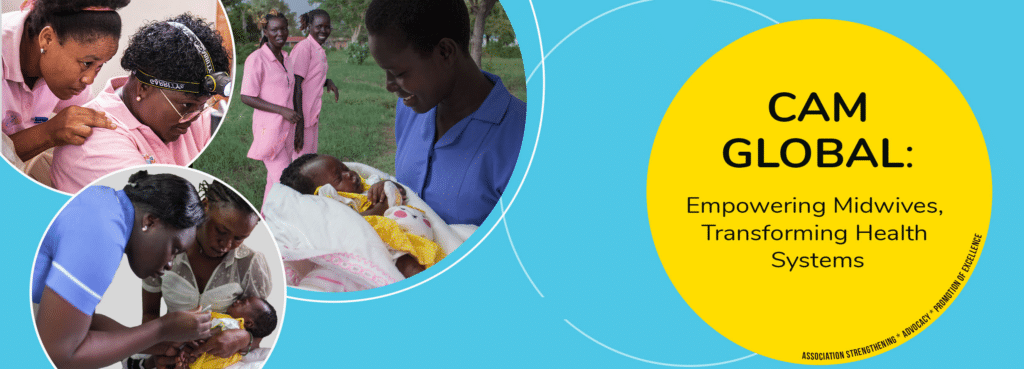
CAM believes that midwives play a unique and fundamental role in the provision of quality reproductive, maternal, and newborn health care in Canada and around the world. CAM works in partnership with the National Council of Indigenous Midwives [NCIM] to ensure equitable access to excellent sexual, reproductive, and newborn midwifery services for all. Since 2008, CAM Global has been working with partners in low-resource countries In Africa, the Caribbean and Latin America to improve maternal and neonatal health, empowering women and girls through an evidence and human rights-based approach.
Midwifery is the most effective way to expand access to primary health care and Sexual & Reproductive Health and Rights (SRHR) for women and girls. Our work aligns with global priorities, including the Sustainable Development Goals (SDGs) and Canada’s Feminist International Assistance Policy.
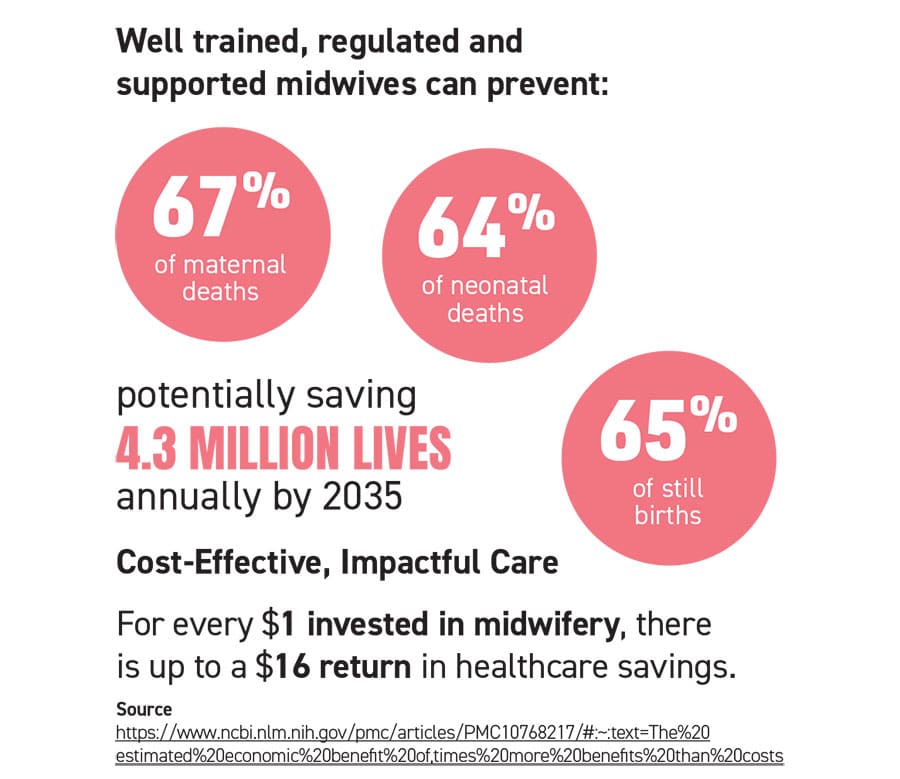
Where We Work
CAM Global currently has projects in: the Democratic Republic of Congo (SMART RMC) , Haiti (PASSREL) , Malawi (TRUST) Somalia & Somaliland (SMEPS), South Sudan HR4SRH, SMART RMC and TRUST) , Tanzania and Venezuela (Atención Segura Respetuosa – Zulia)
Why Partner with CAM Global?
At CAM Global, we are committed to ensuring that every adolescent, adult, and newborn has access to equitable, accessible, and life-saving care. Our approach is rooted in the power of collaboration. By working closely with our partner associations, we create a culturally respectful environment of mutual learning and shared expertise. This partnership ensures that care is culturally sensitive and tailored to the unique needs of each community, enabling us to build stronger, more resilient healthcare systems that prioritize respectful and inclusive care for all.
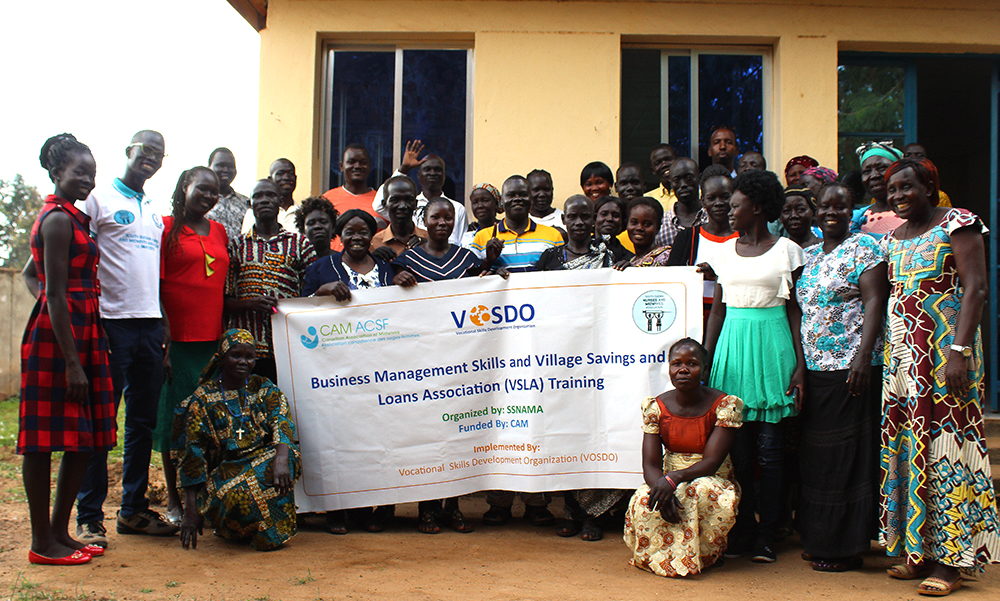
Association Strengthening
CAM collaborates with midwifery association partners and National Health Ministries on mutual capacity-building initiatives, providing governance, technical, and operational expertise to develop policies and programs that address gaps and strengthen health systems. By offering technical assistance in governance, policy and program development, and financial management, we ensure that associations achieve their goals and meet the needs of their members.
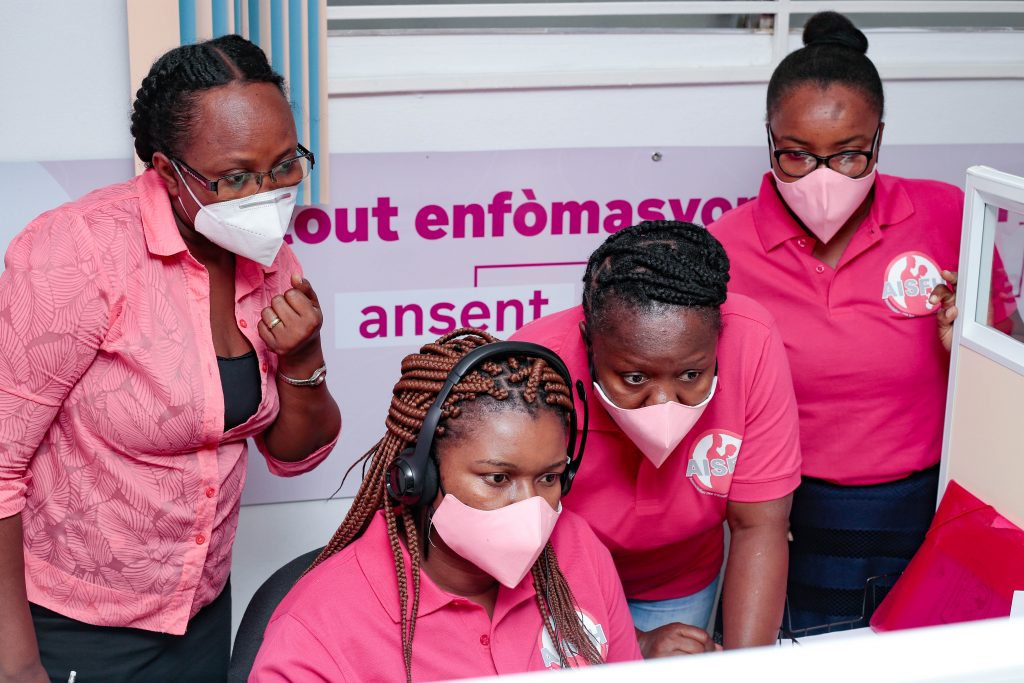
Conducted more than 50 trainings in areas of financial management, policy development, communications, and entrepreneurship undertaken to support the sustainability of the midwifery associations in South Sudan, Haiti, Somalia / Somaliland, Tanzania and the Democratic Republic of Congo
Advocacy
In collaboration with national midwifery associations, CAM works towards advancing women and girls rights, strengthening the midwifery profession as it relates to education, regulation and improving their working conditions of their membership. CAM uses innovative technology to advance advocacy and public engagement, supporting partners in their efforts to reach vulnerable communities via telephone hotlines, digital media, print, and radio.
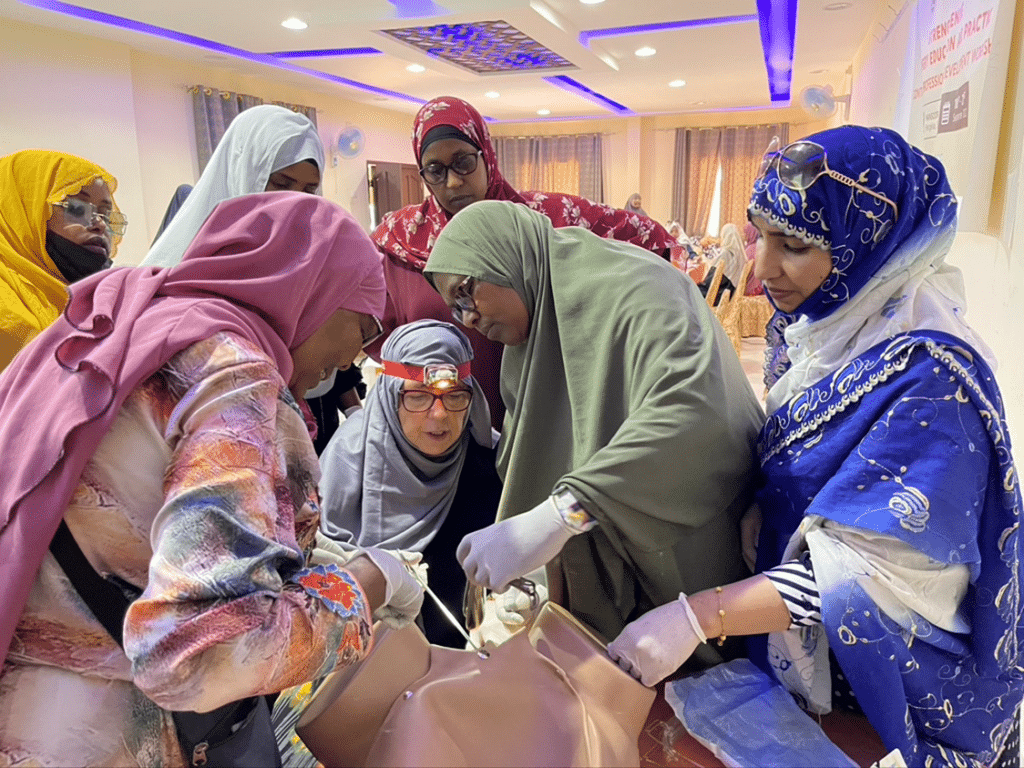
- Supported training of over 1000+ midwives in gender equity, emergency skills, respectful maternity care, and infection prevention and control as part of their continuing professional development
- More than 100,000 callers received midwifery support from the The Alo Saj Fanm hotline in Haiti
- South Sudan Nurses and Midwives Association advocated for increased wages for nurses and midwives and personal protective equipment to support health workers during the 2020-22 COVID pandemic
- Helped raise the profile of the profession at the government level, culminating in the inclusion of midwifery in Haiti’s Strategic Health Plan for the first time, and the creation of a new national order of midwives in the DRC
- Reached over 4+ million people with critical information about sexual and reproductive health and rights in South Sudan, Somalia / Somaliland, DRC, and Haiti through radio, television, print and digital media.
Promotion of Excellence
With a focus on sustainability, CAM Global, in partnership with national midwifery associations and a vast network international health expertise, provides continuing professional development (CPD) opportunities for members. Together, we have developed specialized, culturally sensitive training programs that have benefited over 5,000 midwives and healthcare providers globally, enhancing their capacity to deliver high-quality, life-saving SRHR services. CAM also offers technical expertise to support national associations in setting and maintaining standards for education, clinical practice, and professional competency.
- Supported training of over 1000+ midwives in gender equity, emergency skills, respectful maternity care, and infection prevention and control as part of their continuing professional development
- 5300 + health personnel trained in Respectful Maternity Care 2000+ midwives trained in Emergency Skills 100+ midwives trained in Infection Prevention and Control 500 + tutors trained 100 + midwives trained in clinical communication, web and social media trainings
- Developed national midwifery curricula and clinical teaching and learning manuals in South Sudan and Somalia / Somaliland.
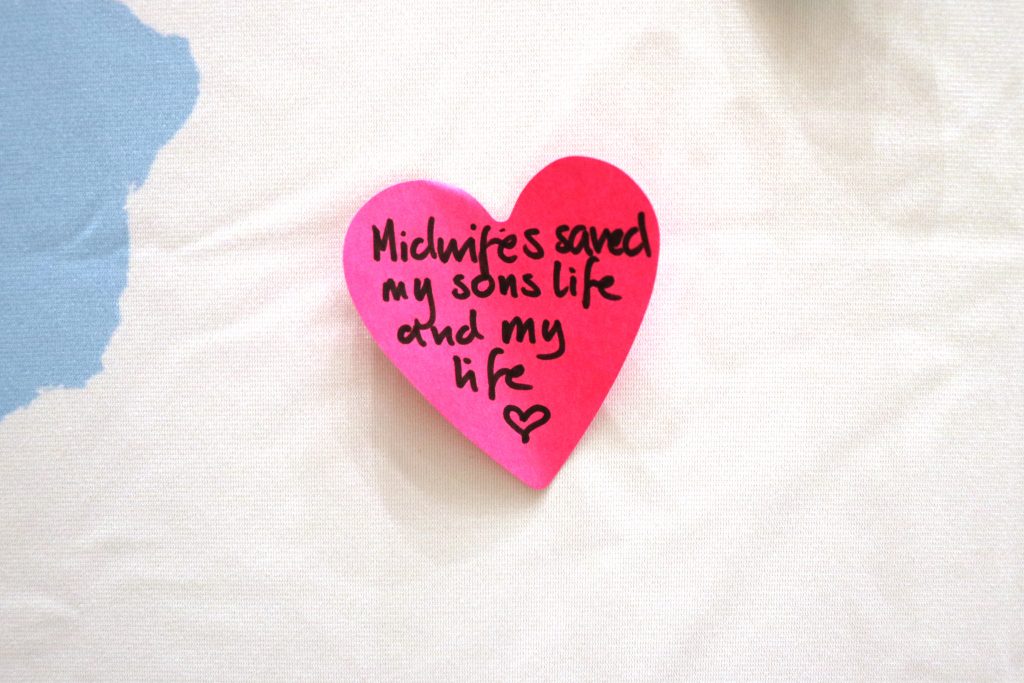
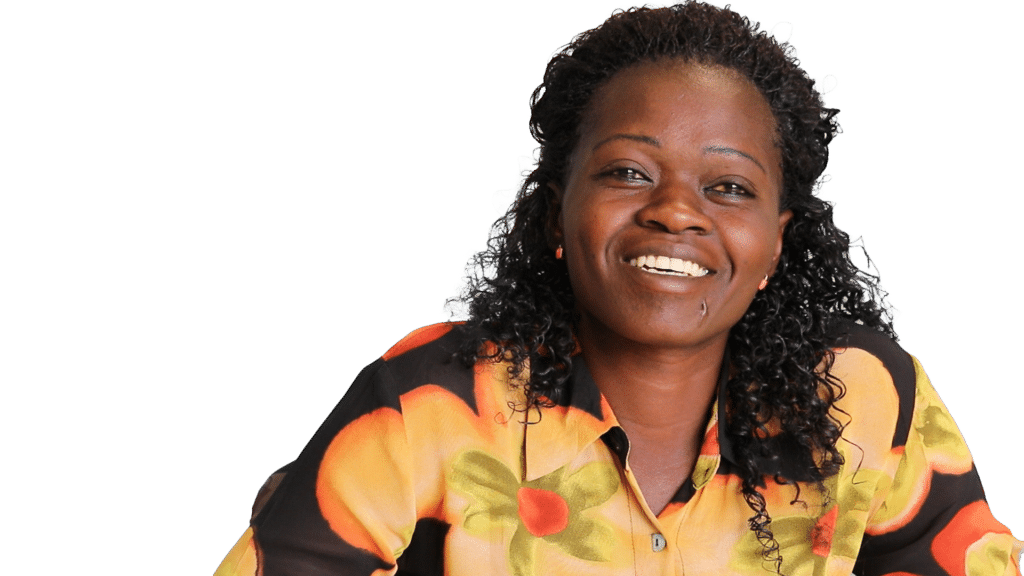
“During the Midwifery Emergency Skills Training (MEST), I learned life-saving skills for mothers and babies. When I returned to my clinic, I trained the other midwives. Soon after, a woman arrived with a postpartum hemorrhage. Thanks to my training, I was able to save her life, and she even named her baby after me.”—Eucabeth Oyengo speaking about MEST training in Tanzania.
Photo Exhibitions
Current Projects
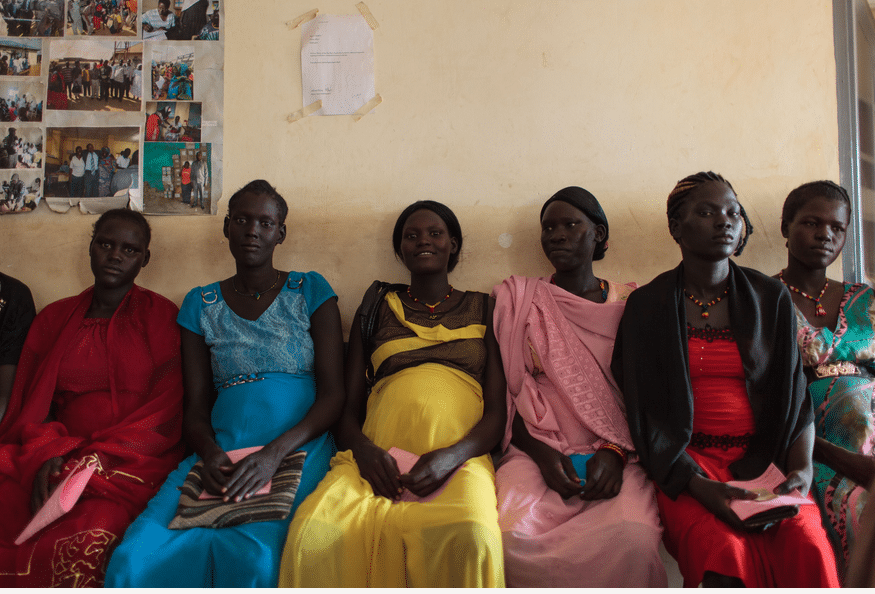
Human Resources for Sexual and Reproductive Health & Rights in South Sudan (HR4-SRHR)
The HR4 project, funded by Global Affairs Canada and led by UNFPA, strengthens SRHR and GBV prevention in South Sudan by training health providers, shifting attitudes, and supporting women and girls in vulnerable and humanitarian settings.
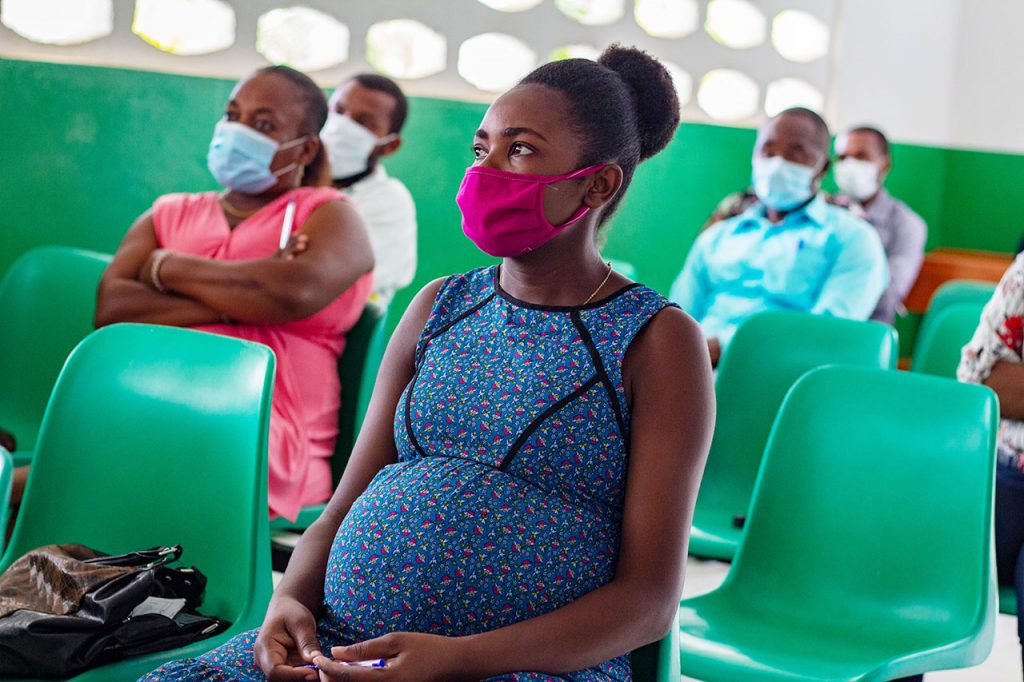
Supporting Equal Sexual & Reproductive Health in Haiti (PASSREL)
PASSREL aims to improve sexual and reproductive health and rights for over 55,000 people in Croix-des-Bouquets, Haiti. Launched in 2021, it is funded by Global Affairs Canada and implemented by FPG-L, CAM, and the SOGC.
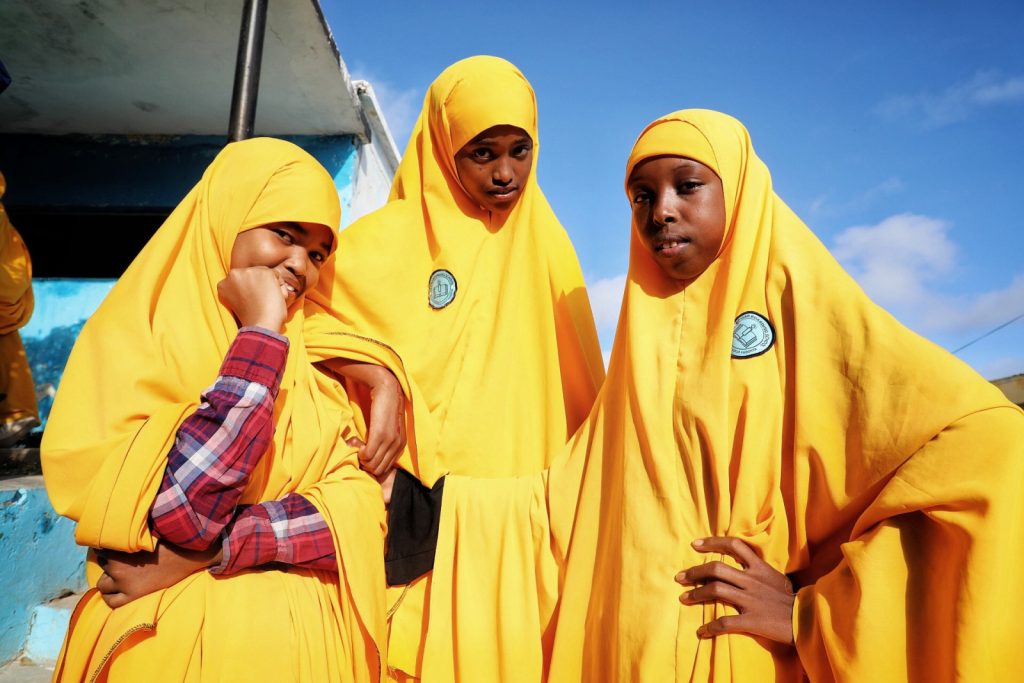
Strengthening Midwifery Education and Practice in Somalia and Somaliland (SMEPS)
Strengthening Midwifery Education and Practice in Somalia (SMEPS) is a UNFPA-led initiative (2020–2025) to reduce maternal mortality by training midwives and strengthening associations, in partnership with SOMA, SLNMA, PAM, CAM, and supported by Global Affairs Canada.
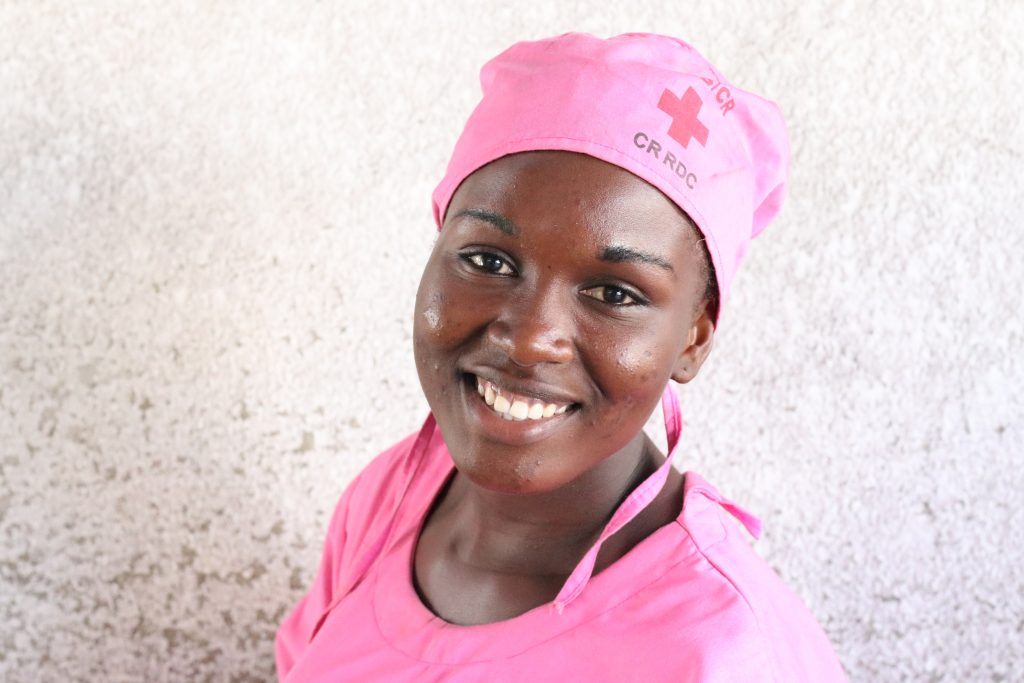
Respectful Maternity Care in South Sudan and the Democratic Republic of Congo (SMART RMC)
Through the provision of gender-responsive, quality health care by a well-trained midwifery workforce, the CAM led, Global Affairs funded SMART-RMC project aims to contribute to the reduction of maternal deaths in both the Democratic Republic of Congo and South Sudan.
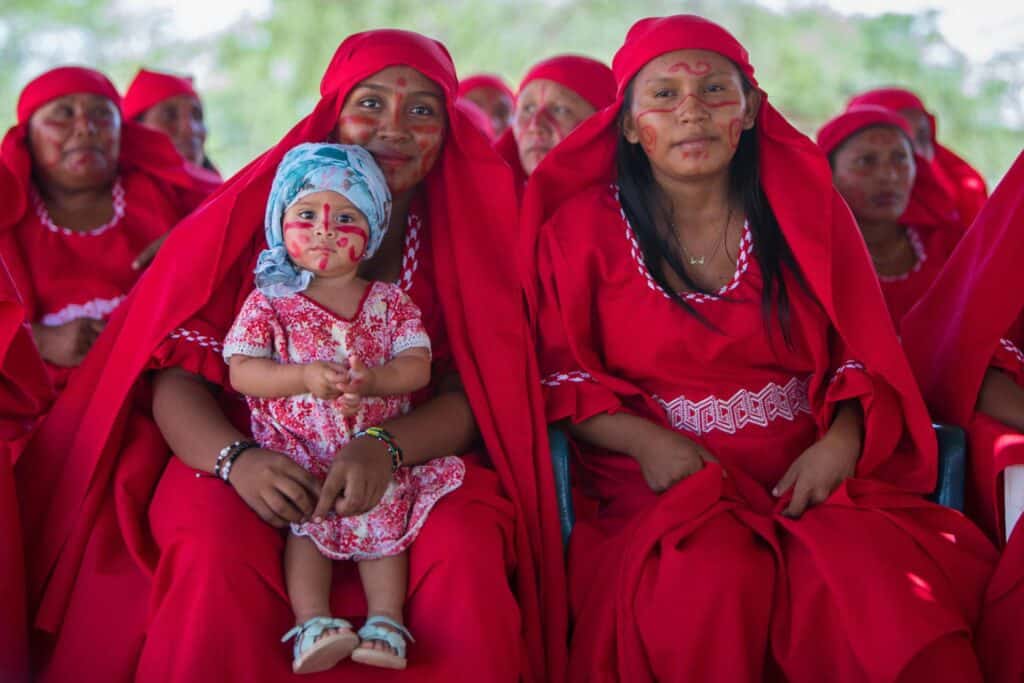
Safe and Respectful Care in Venezuela (Zulia)
Funded by Global Affairs Canada and led by UNFPA-Venezuela, Safe and Respectful Care in Venezuela (Attención Segura Respetuosa) aims to improve the quality of culturally appropriate and gender-responsive maternal, newborn, and reproductive health services at targeted healthcare facilities for vulnerable communities, including indigenous communities in Zulia State.
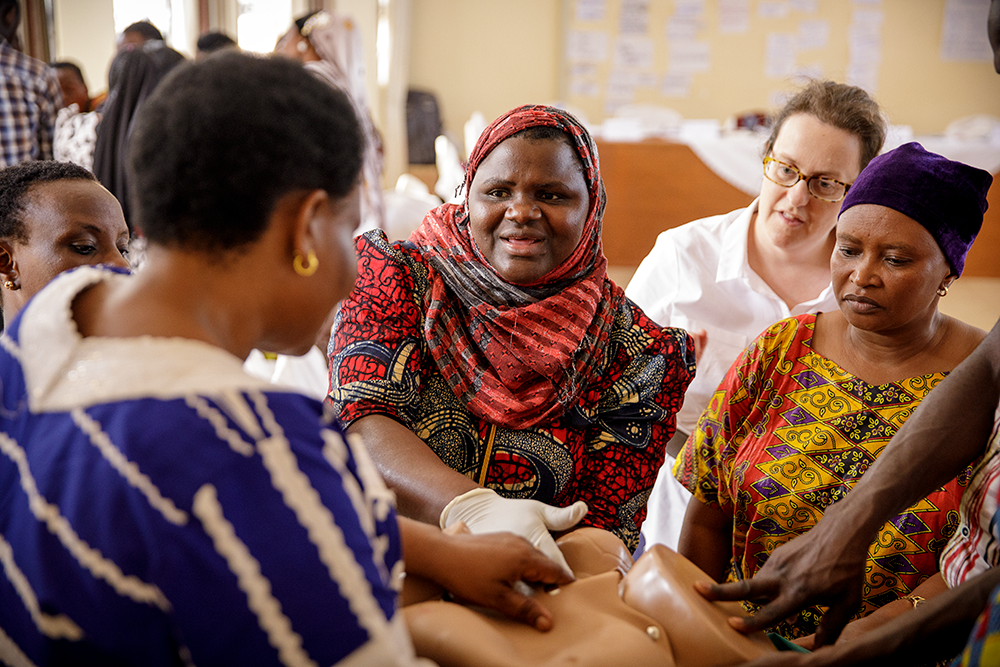
Strengthening Midwifery in Tanzania (SMIT)
Led by UNFPA-Tanzania with implementing partners CAM and AMREF, Strengthening Midwifery in Tanzania (Thamini Uzazi Salama) project aims to reduce Tanzania’s high rates of maternal and newborn mortality by increasing the availability of skilled midwives in the country. It takes a holistic approach by working at the community, institutional and policy levels. SMIT is supported by Global Affairs Canada.
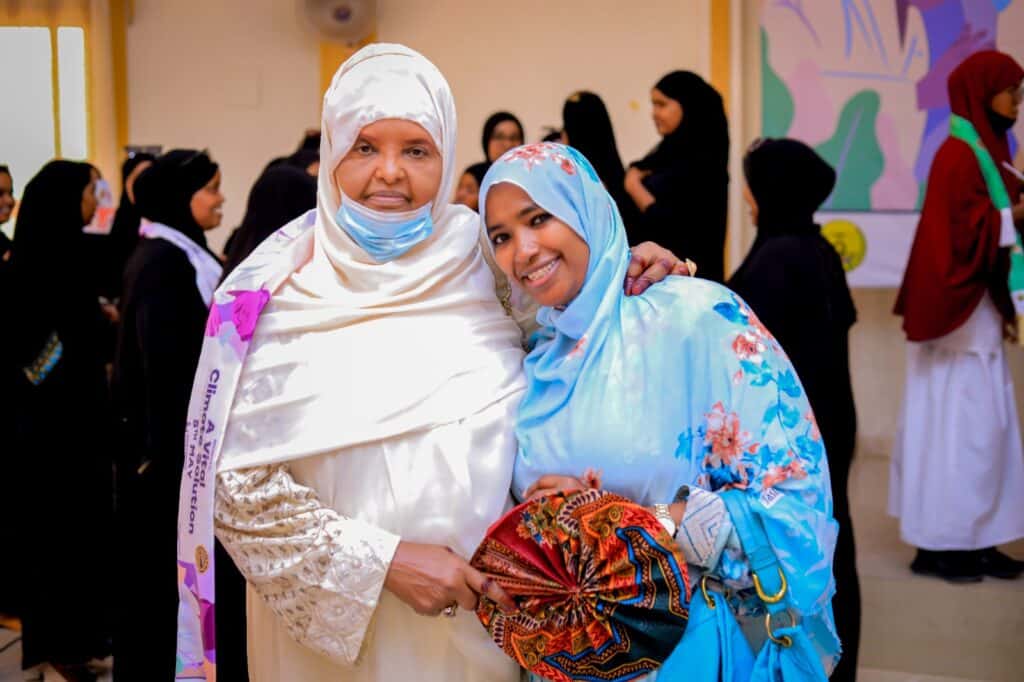
Somali Midwives for Improving Lives and Enhancing Sexual and Reproductive Health (SMILES)
The SMILES Project (Somali Midwives for Improving Lives and Enhancing Sexual and Reproductive Health) (2025–2030) strengthens SRHR for Somali women and girls by expanding midwifery education, advocacy, and care across four regions. Funded by Global Affairs Canada, it’s led by CARE Canada with the Canadian Association of Midwives as lead technical partner.

Women’s Voices, Midwifery Leadership for Resilient Health (TRUST)
TRUST is a five-year, $8.5 million project led by CAM and funded by Global Affairs Canada. It strengthens health systems and advances SRHR for women and girls in South Sudan and Malawi by supporting midwives’ leadership, improving education, and promoting inclusive, rights-based, and climate-just advocacy.
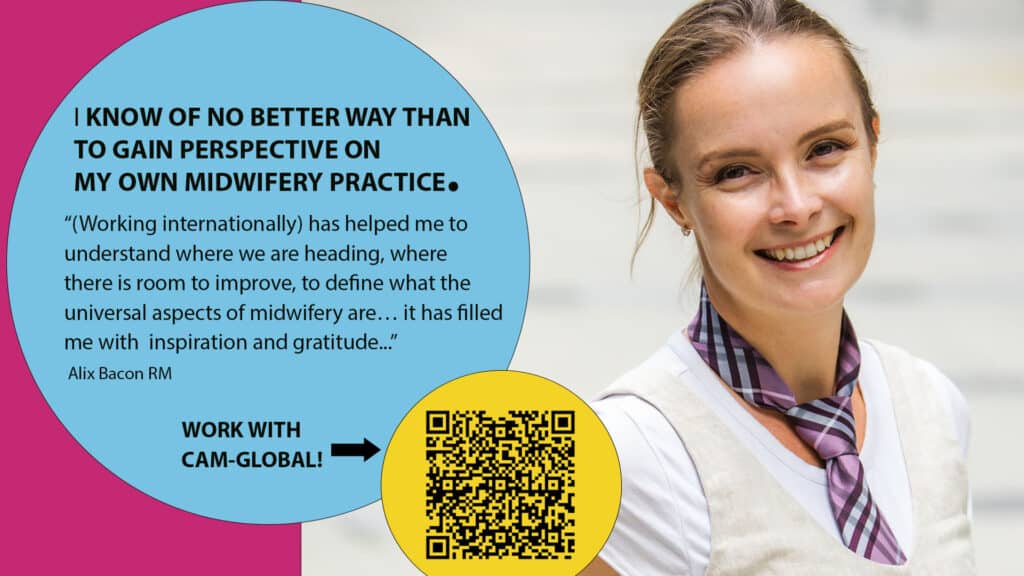
Past Projects
- Improved Service Delivery for Safe Motherhood (ISDSM)
- Midwives Save Lives (MSL)
- More and Better Midwives for Rural Tanzania (MBM)
- Saj Famn Pou Famn (SFF)
- Strengthening Services in South Sudan Phase 2 (SMSII)